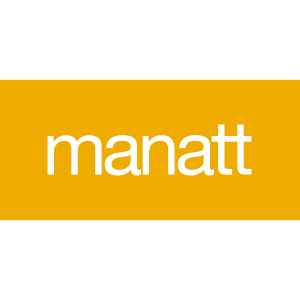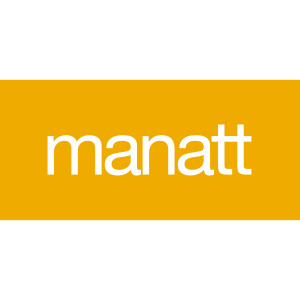Three years after the No Surprises Act (NSA) was enacted, industry stakeholders and government regulators alike are still navigating the intricate twists and turns of the wide-ranging legislation’s key provisions. In a new webinar, Manatt Health will explain the major developments impacting NSA and share critical insights into their implications for your organization. The CLE-eligible […]
Past Events
Bridging Public Health and Managed Care: A Collaborative Approach to Community Health Assessments
In the United States, public health and health care delivery have largely taken different and siloed approaches, with health care focused on the treatment of individuals and public health centered on the total population within a geographic region. As interventions that address health-related social needs to improve outcomes have become more prevalent, however, a strong […]
Mental Health Parity Update 2024: The Latest Regulatory and Litigation Trends
The Mental Health Parity and Addiction Equity Act (MHPAEA) requires health plans and insurers to offer mental health coverage in “parity” with a plan’s medical or surgical coverage. In 2024, as the post-COVID era brings a national reckoning with mental health issues, mental health parity has risen to the forefront of federal and state regulatory […]
New Medicaid Options to Provide Housing Services: Realizing the Potential
Medicaid’s role in addressing housing insecurity and homelessness is rapidly evolving, with many states taking advantage of new federal flexibilities to provide housing and housing-related services to enrollees whose health outcomes depend on being stably housed. Implementing these services, however, is complex and requires collaboration and problem solving that cuts across the health and housing […]
Protecting Hospitals From Cyberattacks: New York’s Trailblazing Cybersecurity Requirements
Hospitals, health systems and providers are targets of cyberattacks at an alarming rate, putting patient data, electronic infrastructure and, most importantly, patient lives at risk. The Department of Health and Human Services’ Office of Civil Rights reported an average of 60 data breaches a month in the health care sector between January 1 and October 31, 2022. According […]
Pushing the Envelope in School-Based Services: Graduating to a Higher Level of Pediatric Care
In spite of increasing health care coverage for children, there has been an overall decline in the utilization of preventive and wellness services. This falling utilization is especially pronounced in lower-income households and among Black, Latino and Asian children. At the same time as preventive care uptake has declined, mental illness and suicide attempt rates […]
Strengthening the NSA’s Independent Dispute Resolution Process: Stakeholder Perspectives
The No Surprises Act (NSA), enacted in 2020, protects patients from surprise medical bills for emergency services and, in certain circumstances, when treated by out-of-network providers in an in-network facility. Since the law went into effect at the beginning of 2022, policy and operational issues have emerged in the implementation of the statutorily prescribed independent […]
Investing in a Strong Primary Care Health System: An Overview of CMMI’s Making Care Primary Model
High-quality primary care is foundational to providing “whole person care” that emphasizes prevention, as well as team-based and relationship-based care. To help improve primary care, the Center for Medicare and Medicaid Innovation (CMMI) has developed and tested several multi-payer advanced primary care models over the last several years. Earlier this year, CMMI announced another opportunity […]
State Telehealth Policy Trends: 2023 Year in Review
Three years following the onset of the COVID-19 public health emergency (PHE), states across the United States continue to enact permanent changes to telehealth laws that impact how physicians and other providers can deliver care remotely. Starting in 2021, states began shifting their focus from the temporary policies implemented during COVID-19 to the assessment of […]
2023 Health Care Enforcement Trends: Spotlight on Consumer Protection, Antitrust and Fraud
In a recent speech, a senior official at the U.S. Department of Justice Antitrust Division noted that “in U.S. antitrust enforcement and competition policy, there is no more important question than what can we do to safeguard competition in the health care industry.” Consistent with this sentiment, 2023 has witnessed an increase in investigations and enforcement […]


